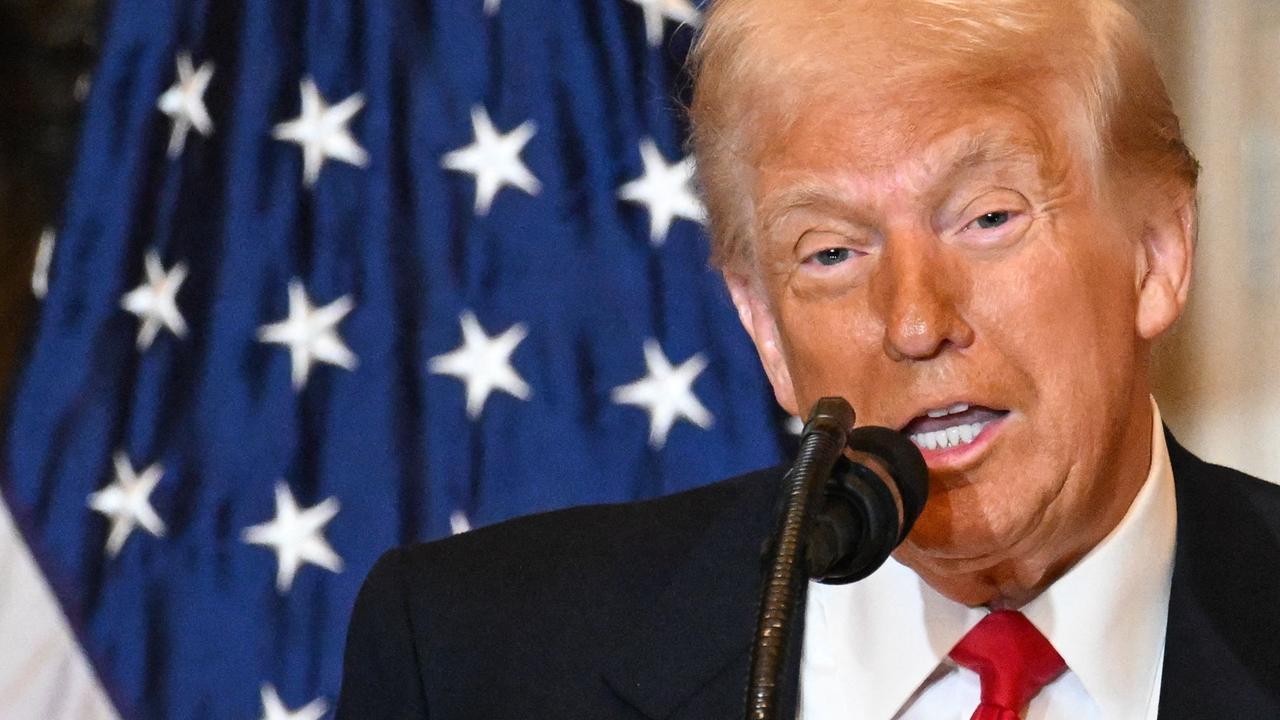Baby Boomers lose power to Millennials yet economic incentives remain
Millennials have finally overtaken Baby Boomers in one area – yet they’re still being ignored over one very important issue.

Economy
Don't miss out on the headlines from Economy. Followed categories will be added to My News.
In the almost 80 years since the Baby Boomer generation began in 1946, Australia has seen the rise – and now decline – of their power.
In 1982, the Baby Boomer demographic hit its peak proportion of the voting age population, endowing it with a great deal of political influence, as politicians sought to woo the single largest voting bloc with policies that reflected their interests.
The decline
In 2014, another demographic, in this case Gen Y – also known as Millennials – eclipsed Boomer’s as the largest generational voting bloc.
However, it’s worth noting that by the 2010 election that Gen X and Gen Y represented a larger combined proportion of the voting age public than Boomers and the generations that came prior.
Since then the political influence wielded at the ballot box by Baby Boomer and older demographics has continued to fall significantly. At the 2010 election, the aforementioned demographics represented roughly half the electorate. As of the latest data which covers up to 2022, that proportion had fallen to 32.2 per cent.
Yet despite the peak days of Baby Boomer political influence slowly riding off into the sunset, Australia arguably hasn’t seen a shift by politicians to focus on the interests of the largest generational voting blocs in anything like the way they did in decades long passed.
The Only Game In Town
Historically, the 18 to 49 and 25 to 54 age demographics have been heavily focused on by advertisers due to these age groups having the most disposable income to spend and the least degree of brand loyalty.
But in the years following the global financial crisis, this has changed significantly. Up until 2007, all age demographics over the age of 25 experienced relatively similar per capita growth in inflation adjusted household consumption. But over the next decade the 65+ and 55 to 64 age demographics streaked ahead, experiencing by far the strongest consumption growth.
Meanwhile, as of 2018 the 15 to 24 and 25 to 34 age demographics were spending roughly what they were in 2009 and 2006 respectively.
In more recent years, as high inflation and rising interest rates have hit the household budgets of younger demographics, the spending growth of households over the age of 55 has continued to streak ahead, rising at a rate above headline inflation until relatively recently.
At the other end of the spectrum, data from the Commonwealth Bank has shown that household spending for under 35s has fallen. Considering headline inflation is running at 5.4 per cent, this indicates a significant reduction in inflation adjusted consumption for this age demographics.
Realpolitik
Historically the interests of Baby Boomers were catered to due to simple demographic realities – to win elections it was often necessary to win over the Boomer demographic. But over the past 15 years the influence wielded by the Baby Boomer and older demographics at the ballot box has decreased significantly.
In 2008, the Baby Boomer and older demographics represented 51.75 per cent of the voting age population. In 2022, these demographics represented 32.2 per cent voting age population. To put this into perspective Gen Y and Gen Z now represent 42.5 per cent of the voting age population, almost one third more than the Baby Boomer and older demographics.
Yet despite Gen Y and Gen Z wielding a huge amount of political influence on paper, government policy arguably continues to favour the interests of older demographics. At this point, the influence of Boomer interests has shifted from the political to the economic.
With the expansion in household consumption of older demographics, the only remaining growth driver of the consumer economy in inflation adjusted per capita terms over the past 21 months, shifting policies toward favouring the interests of younger demographics at the expense of older demographics has significant risks.
Ultimately, this is not about righteousness, fairness or one’s own viewpoint on this issue, but the reality of an economy that has at least temporarily exhausted its traditional household consumption growth drivers.
As the challenging circumstances being experienced by most households, particularly younger demographics continues to bite, this may begin to change. But for now at least, it appears that the continued economic incentives for ongoing government support for the economic interests of older demographics remains.
Tarric Brooker is a freelance journalist and social commentator | @AvidCommentator
Originally published as Baby Boomers lose power to Millennials yet economic incentives remain









